Posted for: stormykitteh Josh Layton Suspended in a deep freeze, the growing number of ‘patients’ at the world’s biggest cryo-preservation facilities are taking a dice roll at another life. Some ha…
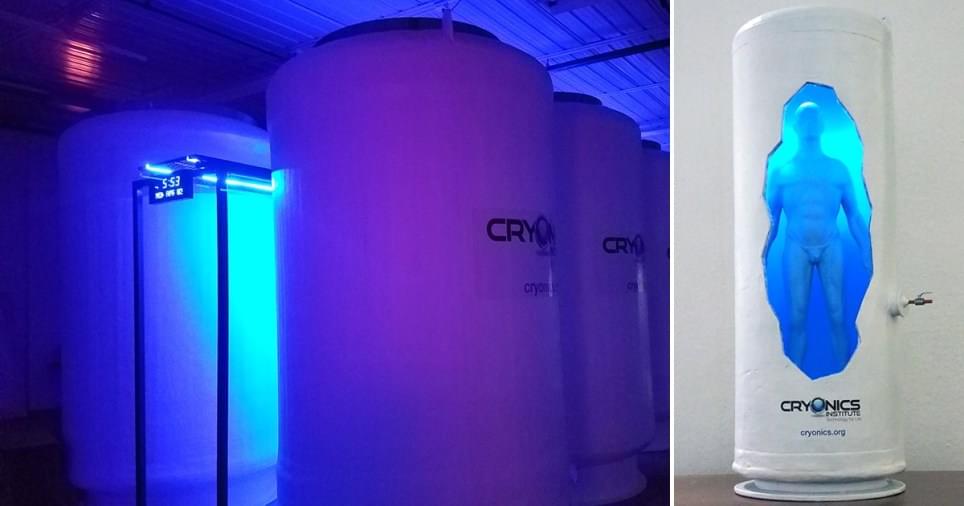

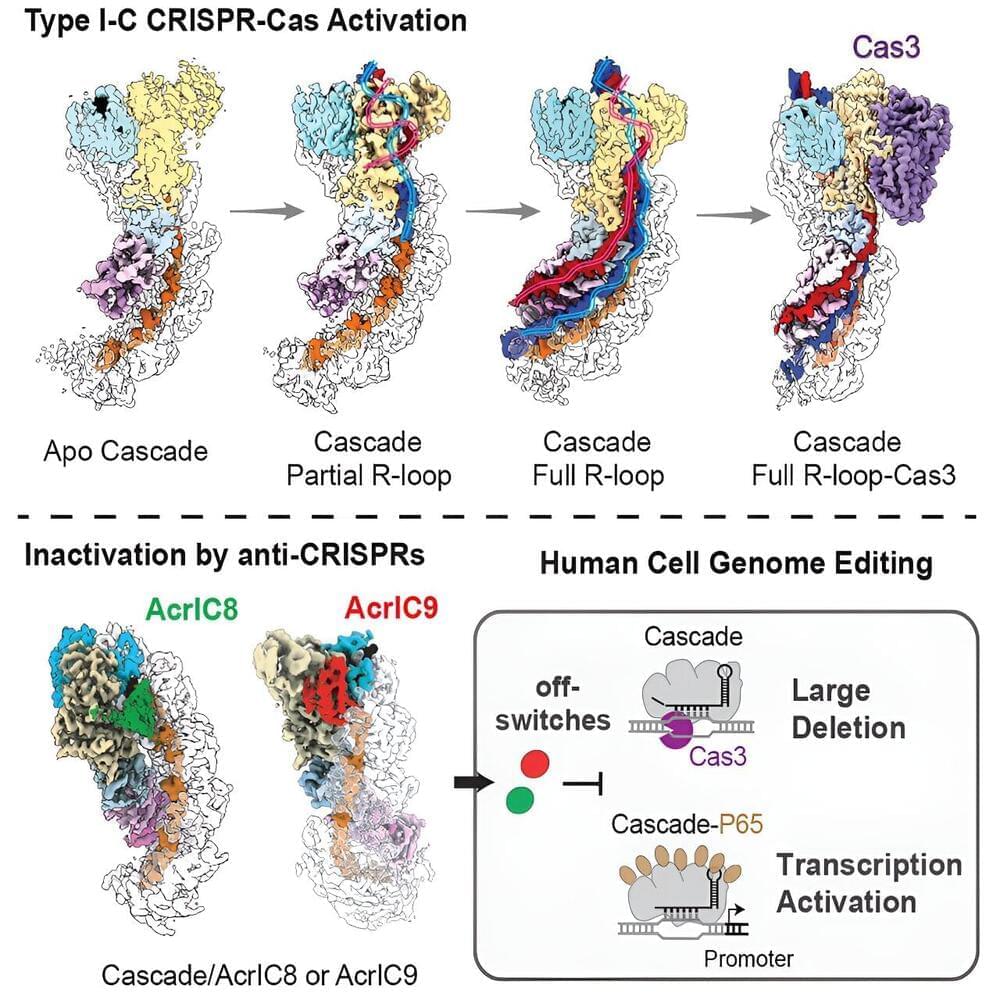
Using CRISPR, an immune system bacteria use to protect themselves from viruses, scientists have harnessed the power to edit genetic information within cells. In fact, the first CRISPR-based therapeutic was recently approved by the FDA to treat sickle cell disease in December 2023. That therapy is based on a highly studied system known as the CRISPR-Cas9 genetic scissor.
However, a newer and unique platform with the potential to make large-sized DNA removals, called Type I CRISPR or CRISPR-Cas3, waits in the wings for potential therapeutic use.
A new study from Yan Zhang, Ph.D., Assistant Professor in the Department of Biological Chemistry at the University of Michigan Medical School, and her collaborators at Cornell University develops off-switches useful for improving the safety of the Type I-C/Cas3 gene editor. The study, “Exploiting Activation and Inactivation Mechanisms in Type I-C CRISPR-Cas3 for 3 Genome Editing Applications,” is published in the journal Molecular Cell.
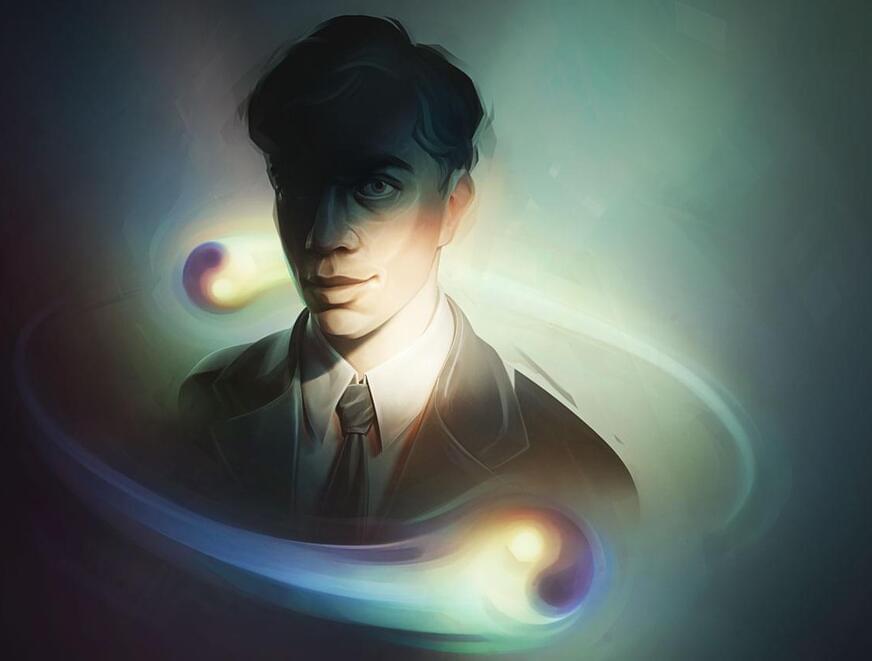
Already, the graphene efforts have offered “a breath of fresh air” to the community, Alicea says. “It’s one of the most promising avenues that I’ve seen in a while.” Since leaving Microsoft, Zaletel has shifted his focus to graphene. “It’s clear that this is just where you should do it now,” he says.
But not everyone believes they will have enough control over the free-moving quasiparticles in the graphene system to scale up to an array of qubits—or that they can create big enough gaps to keep out intruders. Manipulating the quarter-charge quasiparticles in graphene is much more complicated than moving the Majoranas at the ends of nanowires, Kouwenhoven says. “It’s super interesting for physics, but for a quantum computer I don’t see it.”
Just across the parking lot from Station Q’s new office, a third kind of Majorana hunt is underway. In an unassuming black building branded Google AI Quantum, past the company rock-climbing wall and surfboard rack, a dozen or so proto–quantum computers dangle from workstations, hidden inside their chandelier-like cooling systems. Their chips contain arrays of dozens of qubits based on a more conventional technology: tiny loops of superconducting wires through which current oscillates between two electrical states. These qubits, like other standard approaches, are beset with errors, but Google researchers are hoping they can marry the Majorana’s innate error protection to their quantum chip.

Measuring the amount of precipitation that falls in a specific location is simple if that location has a device designed to accurately record and transmit precipitation data. In contrast, measuring the amount and type of precipitation that falls to Earth in every location is logistically quite difficult. Importantly, this information could provide a wealth of data for characterizing and predicting Earth’s water, energy and biogeochemical cycles.
Scientists from the China Meteorological Administration developed and launched a satellite created to measure Earth precipitation with radar while orbiting in space.
This is the first of two precipitation missions planned by the team to accurately measure the occurrence, type and intensity of any precipitation across the world, including over oceans and complex terrain. Specifically, the FY-3G satellite is designed to assess the 3-dimensional (3D) form of rainfall and other precipitation for weather systems at Earth’s middle and lower latitudes.
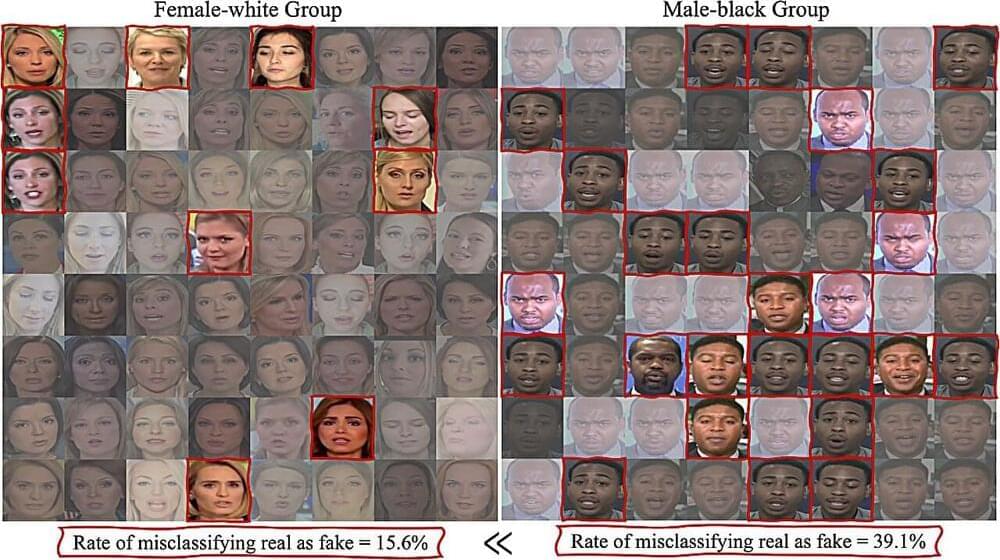
University at Buffalo computer scientist and deepfake expert Siwei Lyu created a photo collage out of the hundreds of faces that his detection algorithms had incorrectly classified as fake—and the new composition clearly had a predominantly) darker skin tone.
“A detection algorithm’s accuracy should be statistically independent from factors like race,” Lyu says, “but obviously many existing algorithms, including our own, inherit a bias.”
Lyu, Ph.D., co-director of the UB Center for Information Integrity, and his team have now developed what they believe are the first-ever deepfake detection algorithms specifically designed to be less biased.
We listen, but we don’t send. Why do we expect aliens to transmit if we don’t? Many have voiced concerns about any programs designed to broadcast our presence — afterall, they may not be friendly. Although it may be a popular idea in science fiction, what do scientists say about this scenario? Today we explore the arguments for and against messaging, and what it might imply about the type of civilization that chooses to engage in messaging…
Written and presented by Prof David Kipping. Special thanks to Erik Wernquist for giving us permission to use a clip from his beautiful \.
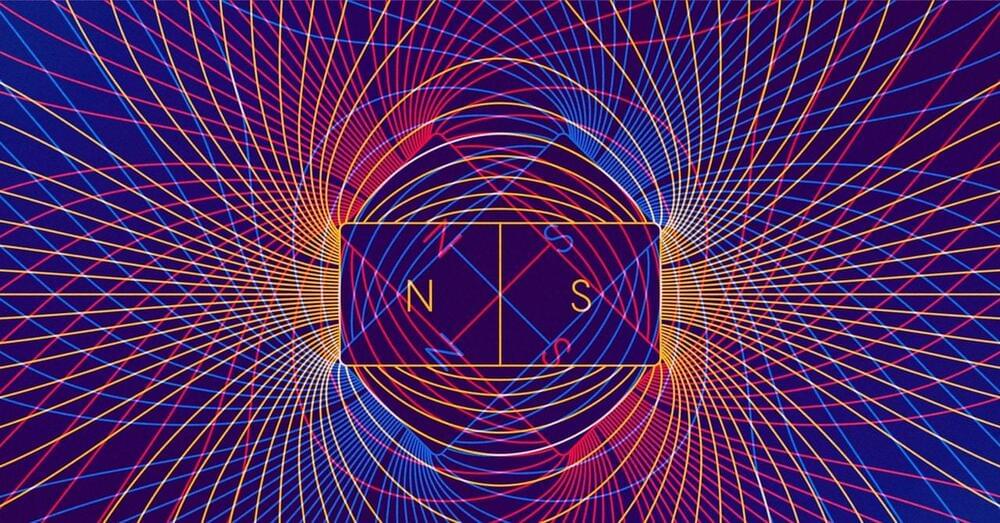
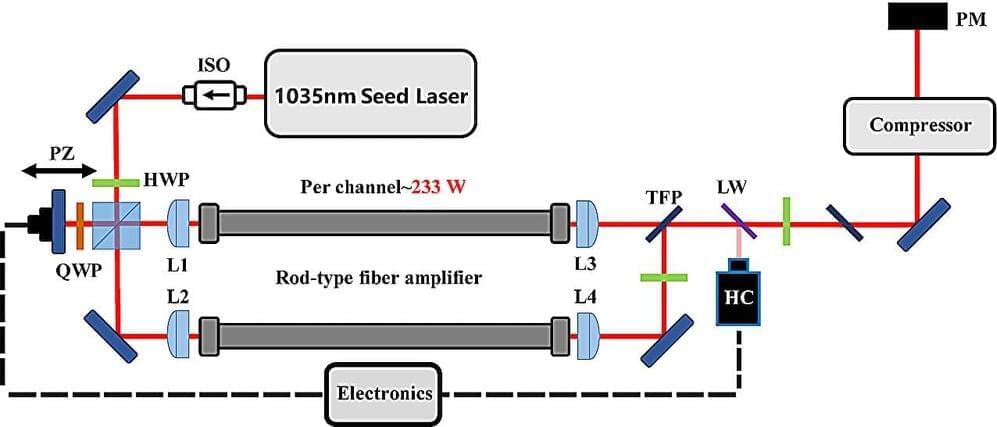
High-power, high-energy ultrafast fiber lasers are indispensable tools in various fields, from basic and applied science research to industrial processing. However, due to thermal effects, nonlinear effects, there is always a limit to the power/energy expansion of a single fiber laser amplifier.
Coherent beam combination (CBC) technology is an effective strategy to break through the limits of a single fiber laser amplifier and further achieve power/energy scaling.
Under the conditions of mutual coherence and stable phase relationship, multiple laser beams can be superimposed and mutually interfere with each other. This approach allows for an improvement in average power and pulse energy by a factor almost equal to the total number of combined channels. However, with the increase of beam combining channels, the complexity of CBC systems also increases, bringing negative impacts such as decreased beam combining efficiency, degraded beam quality, and increased operational difficulty to the system.
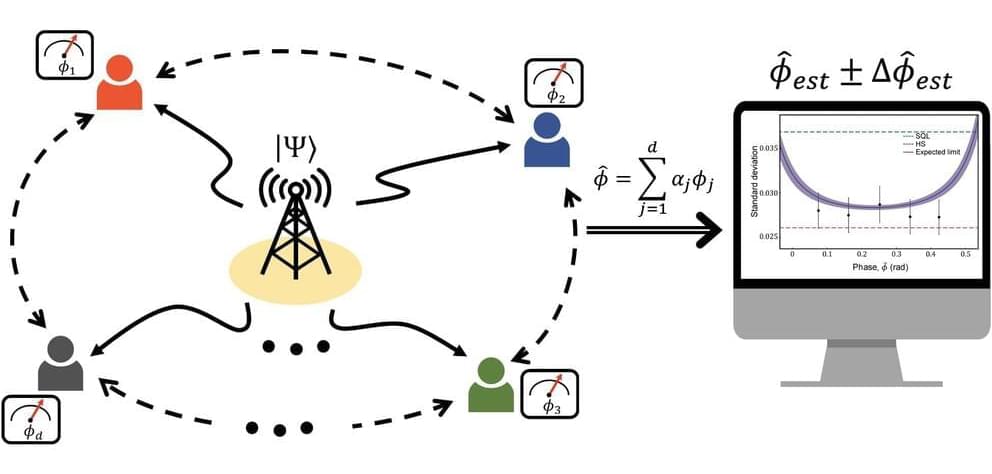
A research team has succeeded in implementing a distributed quantum sensor that can measure multiple spatially distributed physical quantities with high precision beyond the standard quantum limit with few resources. Their findings are published in the journal Nature Communications.
Sharing the exact time between distant locations is becoming increasingly important in all areas of our lives, including finance, telecommunications, security, and other fields that require improved accuracy and precision in sending and receiving data.
Quantum phenomena such as superposition and entanglement can be used to more precisely measure the time of different clocks in two distant spaces. Similarly, if you have two physical quantities, one in Seoul and one in Busan, you can share the entanglement state in Seoul and Busan and then measure the two physical quantities simultaneously with greater precision than if you measure the physical quantities in Seoul and Busan separately.

People often form strong emotional attachments with their companion animals.
Pet owners forced to be separated from their animals in crisis situations, including those who are victims of domestic violence, are suffering from a lack of support services needed to protect them.
These are the findings of a new review of 27 years of international research, published in the journal Anthrozoös, which unveils the increased risks to both safety and psychological well-being when people are faced with the threat of forced separation from their pets.
The results provide important insights towards addressing the challenges arising from domestic violence, homelessness or natural disasters that can threaten the bond between humans and their pets.